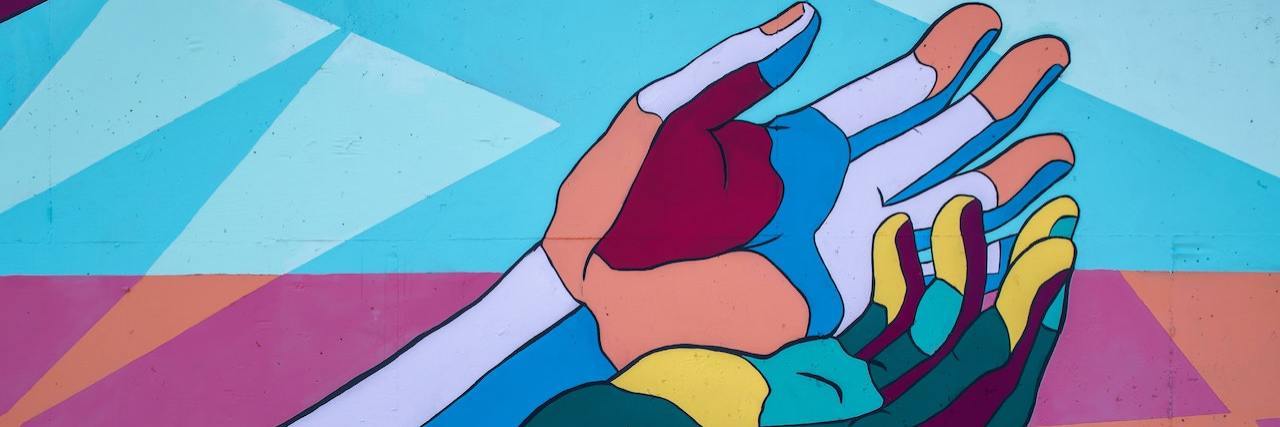What happened: BIPOC people have unique mental health challenges that white therapists cannot fully understand. Black entrepreneur Eric Coly, who has struggled with anxiety and depression, has created an online therapy app to better support the mental health of BIPOC people. Ayana is an upcoming app that will enable people of color to find therapists who are also people of color. Set to be released in August 2020, the app will be the first of its kind to cater exclusively to BIPOC people based in the USA.
No one should have to settle when you look for something that can help you heal. People of color should be more demanding about who their therapist is. When it comes to healing, you are meant to find your safe space, and safe space to me means being seen, being looked at, being understood. — Eric Coly
View this post on Instagram
The Frontlines: Ayana also will focus on intersectional identities, which includes BIPOC people, the LGBTQ+ community and the disability community. On the website, Coly highlighted that online therapy can be more accessible for many people in these communities, who are more likely to experience mental health issues and less likely to be able to access care.
- According to Mental Health America, 23% of Indigenous people, 17% of Black people, 15% of Latinx people and 13% of Asian people live with a mental illness
- About 37% of people who identify as LGBTQ+ live with a mental health condition
- Because many health settings or services are inaccessible, people with a disability are less likely to get the treatments they need, including mental health care
Get more on mental health: Sign up for our weekly mental health newsletter.
A Mighty Voice: Our contributor, Denise Nichole, explained why people of color’s mental health needs are not met. “Accessibility to mental health care and education should not be a privilege. Discussions of mental health are still stigmatized in communities of color. That is why more support is needed to ensure that needs are met and that options are viable.” You can submit your first-person story, too.
From Our Community:
Other things to know: For more information on mental health resources and apps, read these Mighty articles:
- 5 Free Apps to Help You on Your Mental Health Recovery Journey
- 8 Mental Health Resources for Black Folks – Because You Deserve Support
More helpful thinking: Check out Ayana’s official website here and sign up for its free newsletter to get prelaunch notifications.
Header image via Tim Mossholder on Unsplash

